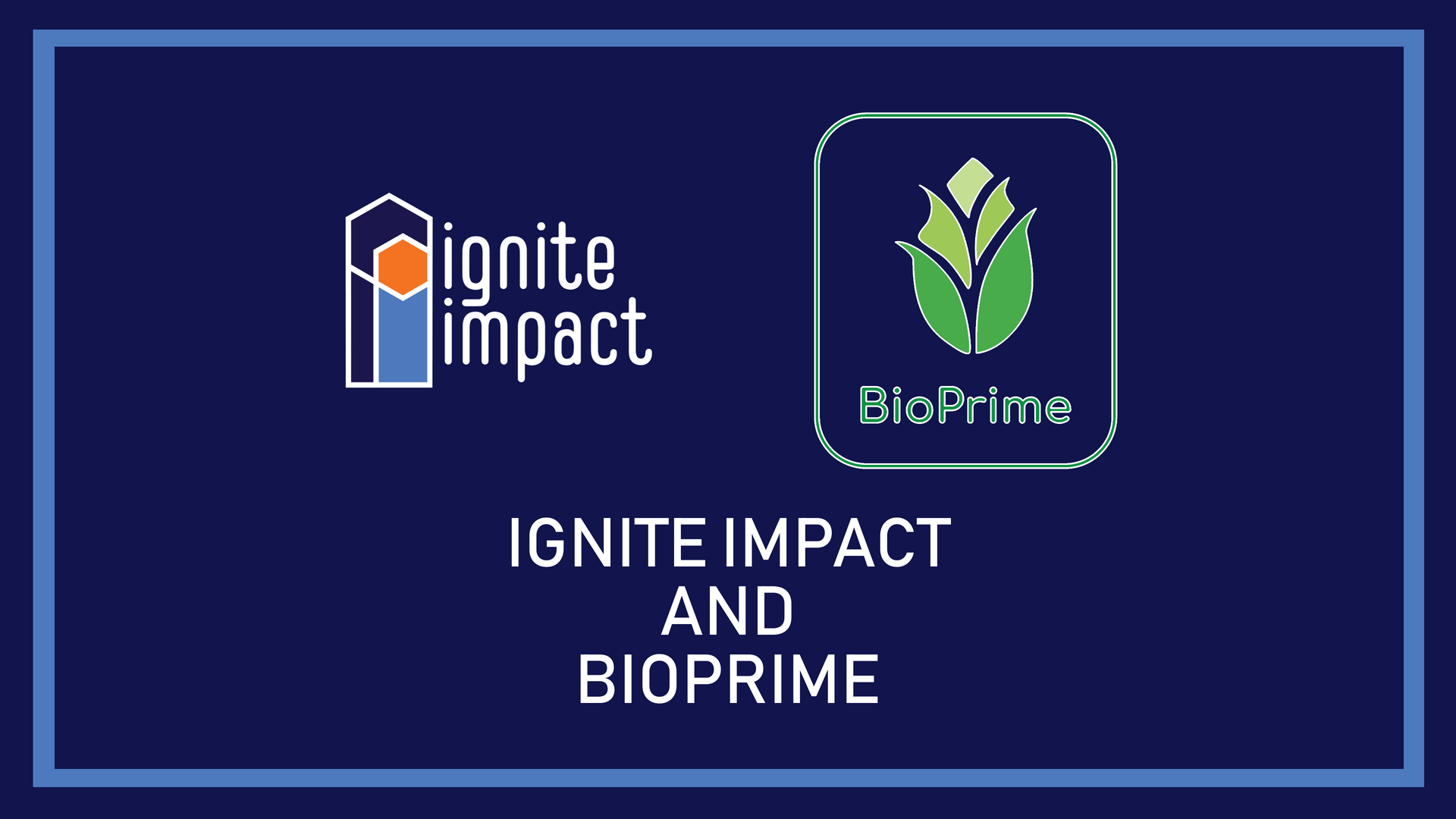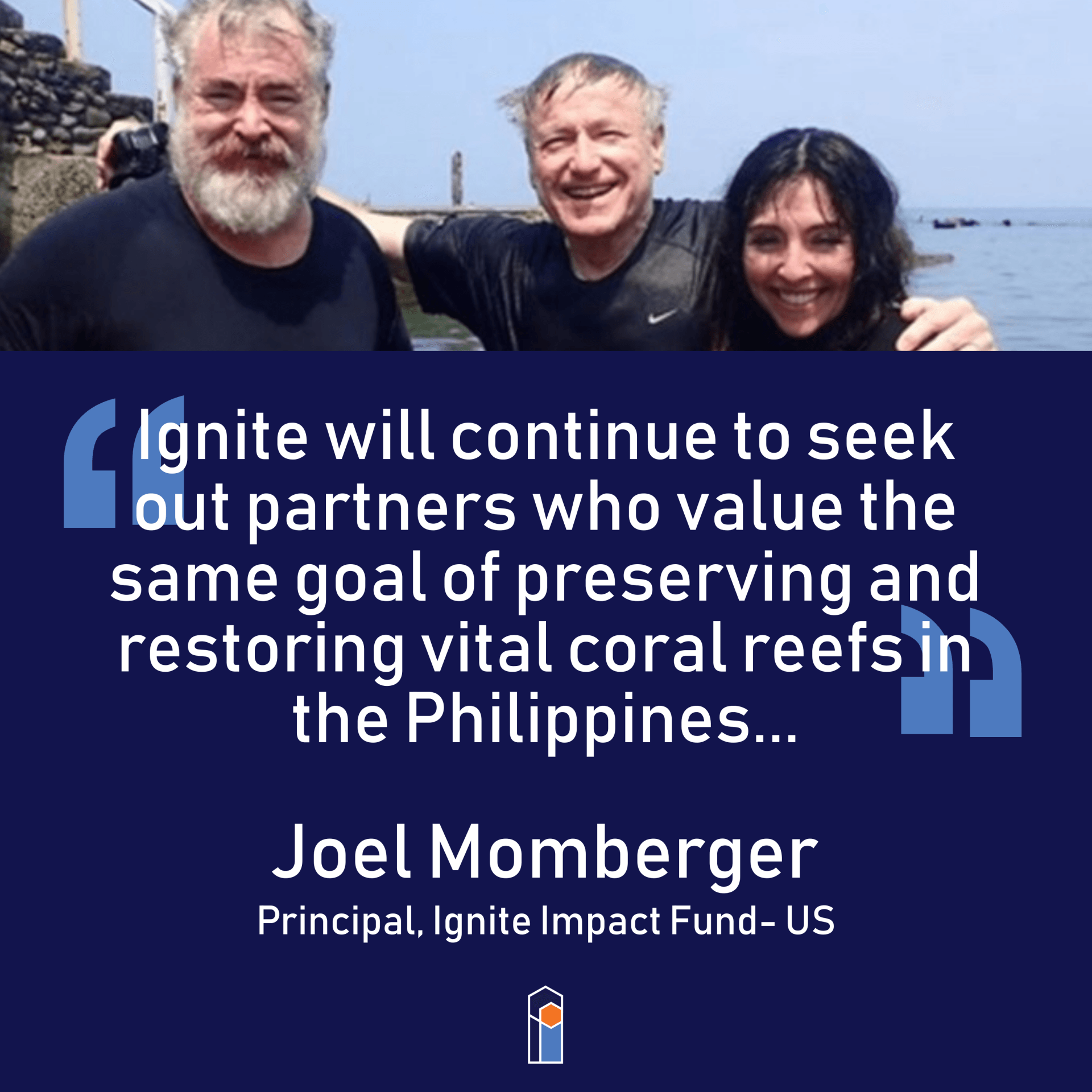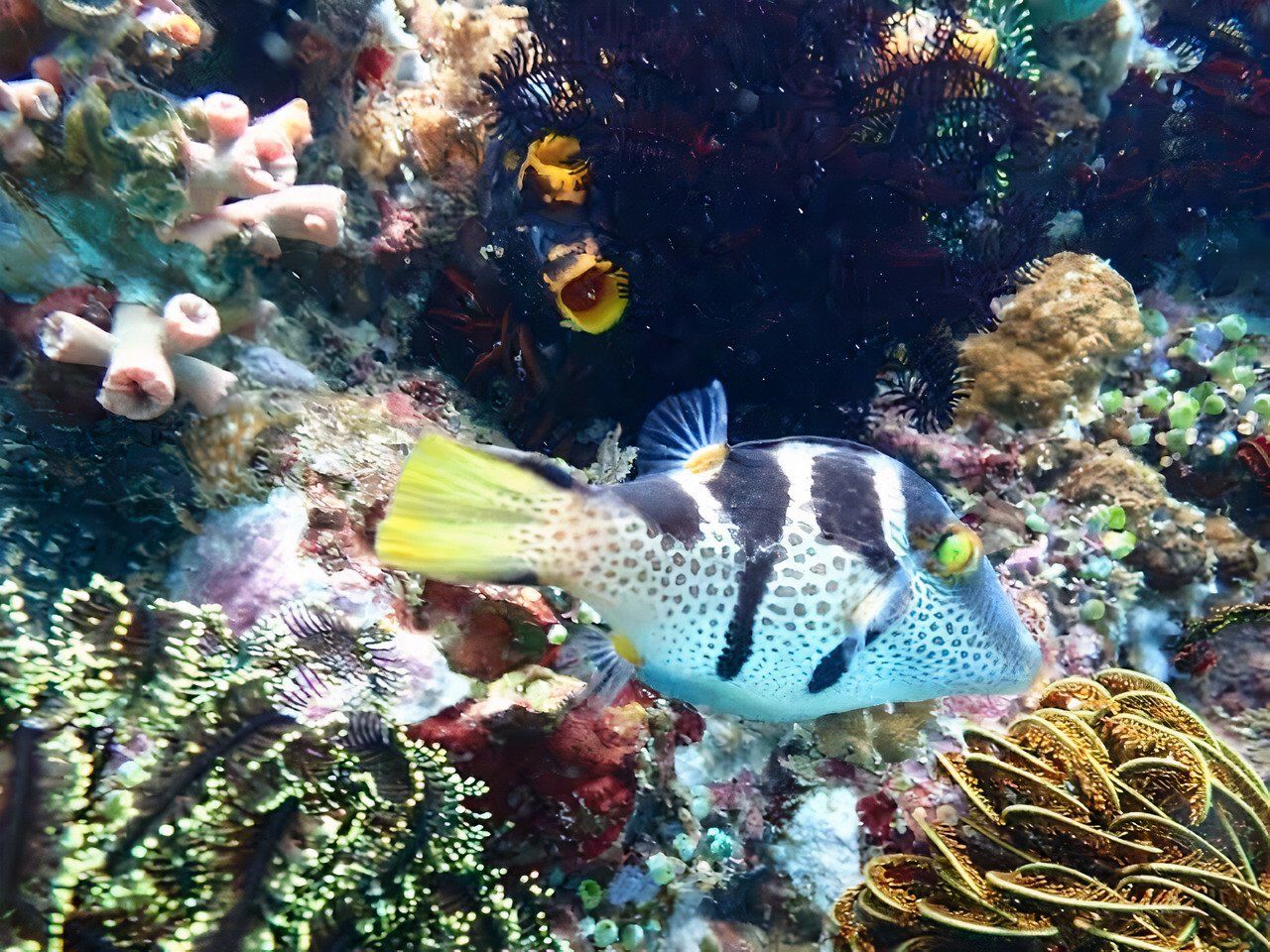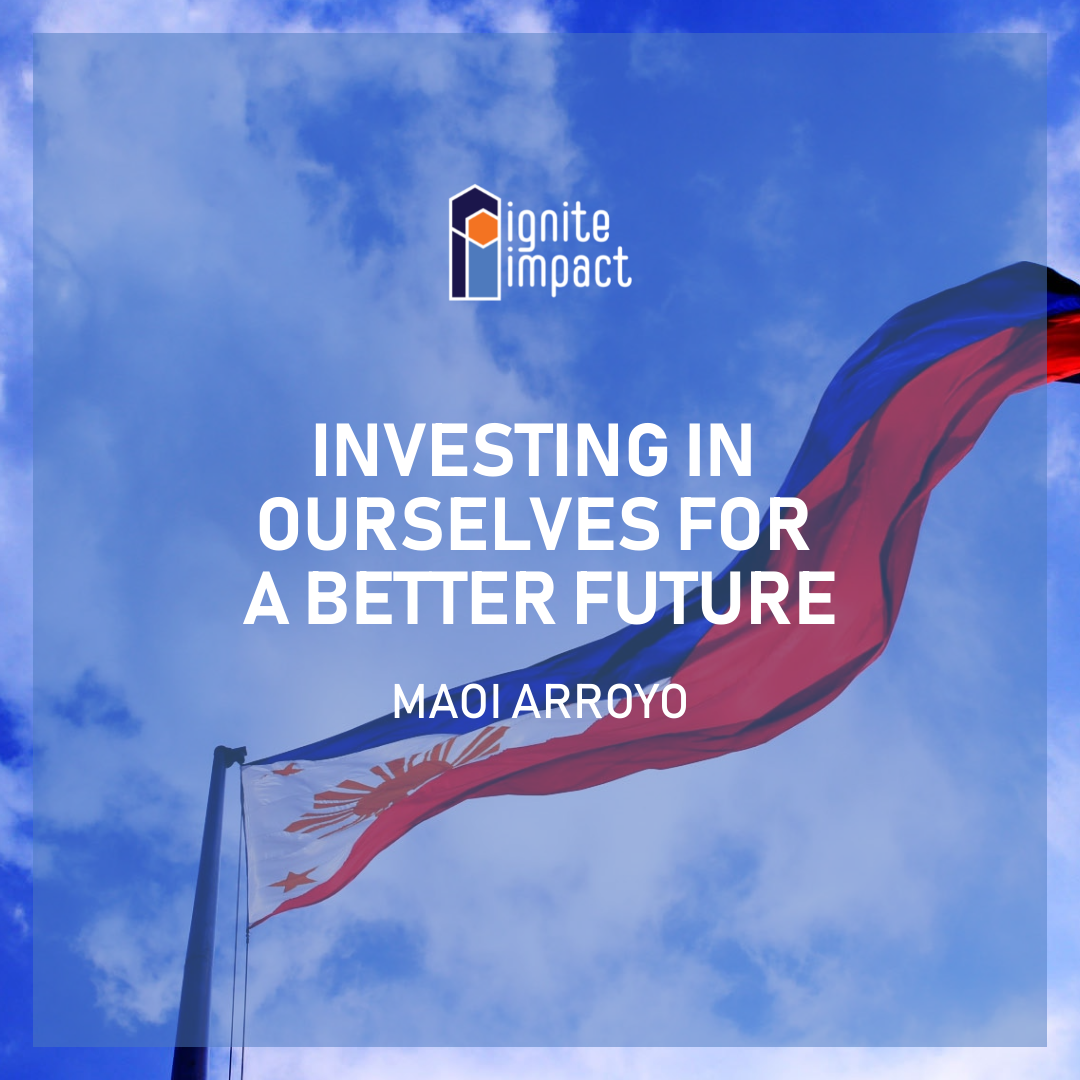The Ignite team is proud and excited to be part of this year’s World Ocean Week celebration! Coral reef preservation and restoration is absolutely vital to economic growth and sustainability in the Philippines. Yet right now coral reefs, ecosystems that have existed for more than 400 million years, face the real prospect of extinction with the span of a single human life. Human impact has had a devastating impact on the hard corals that build reefs. For past 75 years or so practices like cyanide and dynamite fishing, sewage dumping and just a lot more humans in and around reefs has led to massive damage to reef infrastructure. Efforts to restore damaged reefs have yielded encouraging results. However, a global crisis around corals is now upon us. In 2016 alone an estimated 30% of hard corals in Australia’s Great Barrier Reef were lost. Lizard Island, once a major tourist attraction, suffered loss of almost all of its live corals. This is not an isolated event; worldwide an estimated 50% of all hard corals have died and the rate of extinction is accelerating. At the present pace it is estimated that by 2050 over 95% of all hard corals in the world will have died off. This is serious and it is upon us right now. Ignite is currently studying options for creating meaningful impact and substantial environmental change to save this vital part of the ocean that has existed longer than the human species.
The
Oceanic society explains the value of coral reefs: “Beyond their intrinsic value and the roles they play in supporting vast numbers of marine species, coral reefs also provide a plethora of functions that benefit humans. They help prevent coastal erosion, offer protection from storm surge, and support jobs ranging from fishing to tourism. It’s estimated that the economic value of coral reefs is at least $30 billion per year, but most likely much higher, and more than 500 million people worldwide rely on coral reefs for food, income, coastal protection, and more.” Loss of reef structures will lead to catastrophic erosion in coastal areas, will accelerate climate change and will devastate coastal economies. There will be no more finding Nemo.
We’re interested in sustainability projects that would do good for local communities, as well as the planet at large. The initiatives we are focused on funding include pollution cleanup/prevention (especially related to plastics), artificial barrier structures, and coral farming/preservation. Some methods of preservation and restoration exist and are already being implemented on a small scale in the Philippines and other coastal sites around the world. For example, many decommissioned ships have been sunk to provide a palate for corals to inhabit. A massive artificial reef structure has been created in the Gulf of Mexico by dumping decommissioned military tanks. The use of new techniques to accelerate the speed at which corals propagate have created an opportunity to create new wealth through coral horticulture. Scientists around the world are working to genetically engineer corals to be more resilient to changed oceanic conditions.
An increasing awareness of the severity of the problem has led investors in the developed and developing world partner with and support efforts to save the reefs in all parts of the world. Ignite is at the forefront of this effort. Our mission is to address poverty and related social challenges by creating new economic community tied to environmental enhancement. In the maritime space we get the urgency. We believe there are viable solutions. Ignite will continue to seek out partners who value the same goal of preserving and restoring vital coral reefs in the Philippines, and work to find, fund and empower initiatives that support that goal.

Copyright Ignite Impact Fund, LLC





